5 ASVAB Word Tips
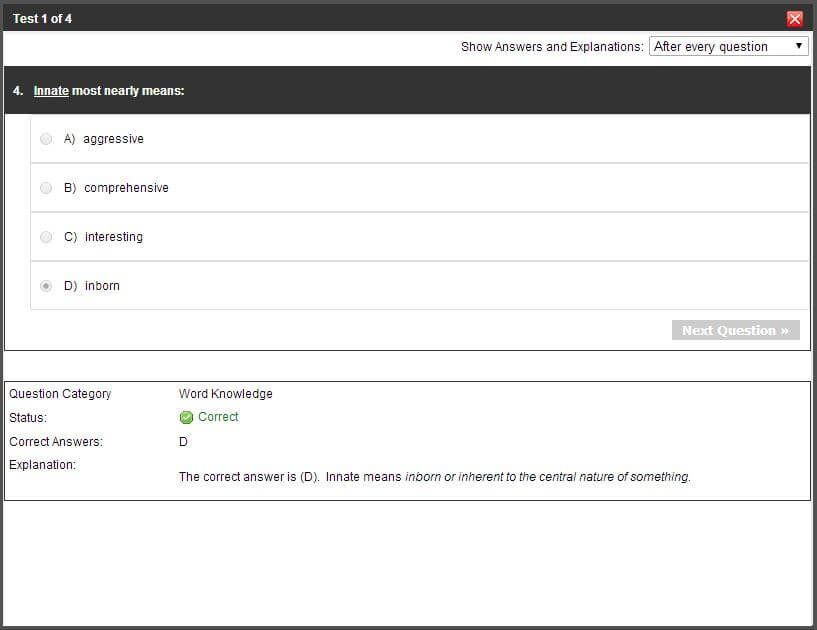
Introduction to ASVAB Word Knowledge

The ASVAB test is a multiple-choice test administered by the United States Military Entrance Processing Command. It is used to determine a person’s qualification for enlistment in the military. The test is divided into nine sections, one of which is the Word Knowledge section. This section is designed to measure a person’s ability to understand the meaning of words through synonyms. In this article, we will provide you with 5 tips to help you prepare for the Word Knowledge section of the ASVAB test.
Tip 1: Learn Synonyms and Antonyms
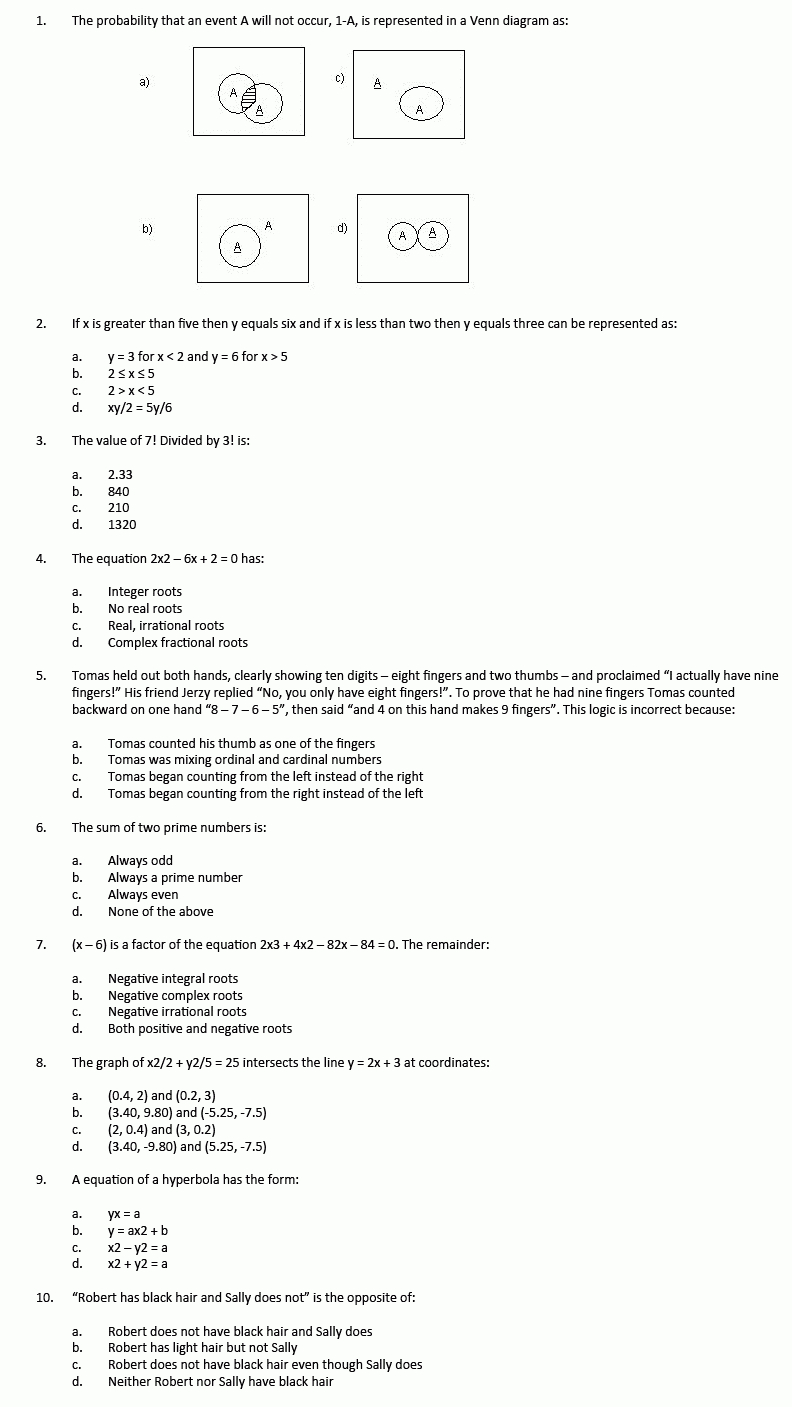
One of the most effective ways to improve your score in the Word Knowledge section is to learn synonyms and antonyms. Synonyms are words that have the same or similar meanings, while antonyms are words that have opposite meanings. For example, “big” and “large” are synonyms, while “big” and “small” are antonyms. You can find lists of synonyms and antonyms online or in vocabulary books. Make flashcards to help you memorize these words.
Tip 2: Read Widely

Reading widely is another great way to improve your vocabulary and prepare for the Word Knowledge section. When you read, you are exposed to a wide range of words in different contexts. This helps you to understand the meanings of words and how they are used in sentences. Try to read books, articles, and other materials that challenge your vocabulary. As you read, keep a dictionary or a list of unfamiliar words to look up later.
Tip 3: Use Flashcards

Flashcards are a great tool for memorizing vocabulary words. You can make your own flashcards using index cards or use online flashcard programs. Write the word on one side and the definition on the other. Quiz yourself by covering the definition and trying to recall it from memory. You can also use flashcards to practice synonyms and antonyms.
Tip 4: Take Practice Tests
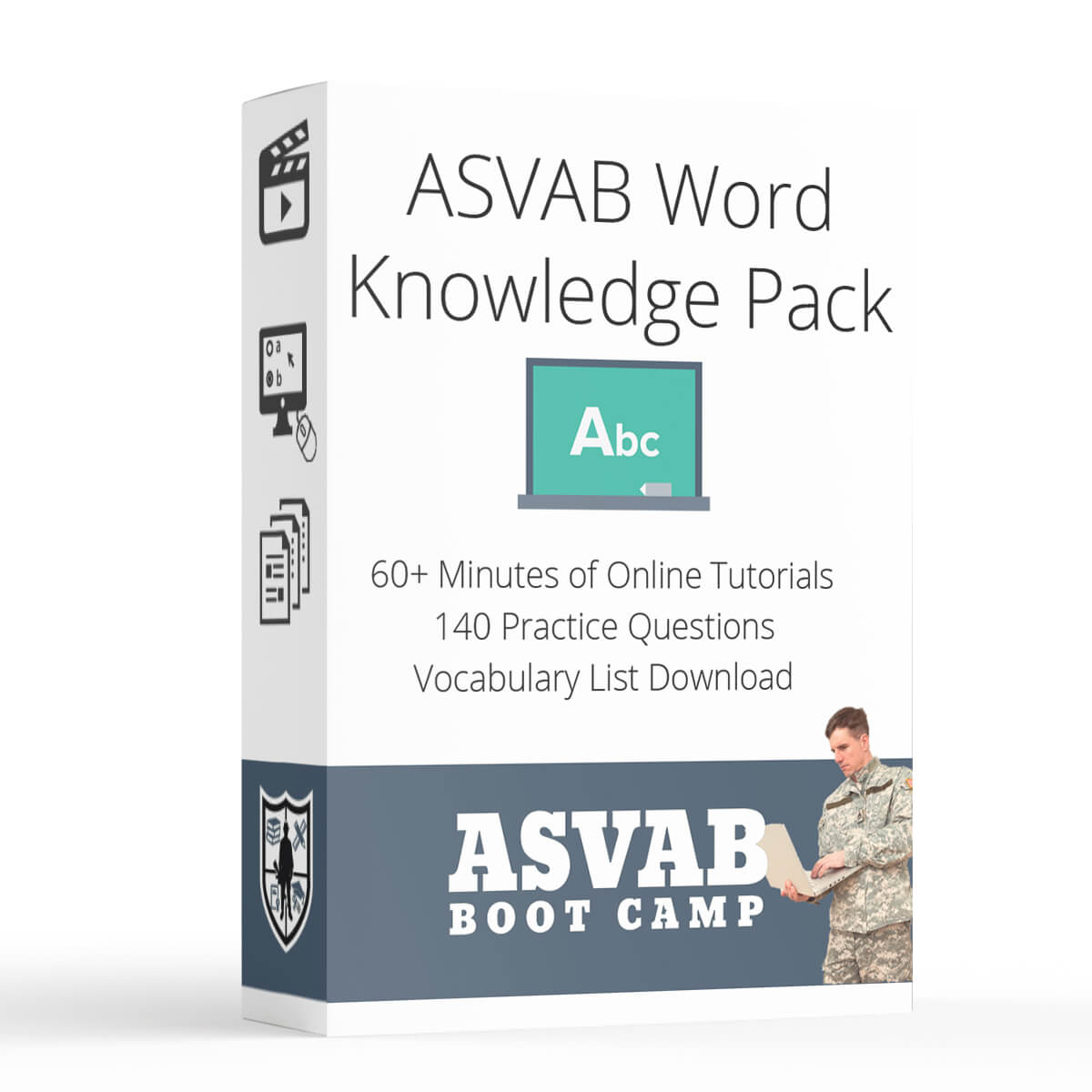
Taking practice tests is an excellent way to prepare for the Word Knowledge section. Practice tests help you to get used to the format of the test and the types of questions that are asked. They also help you to identify areas where you need to focus your studying. You can find practice tests online or in study guides. Try to take a practice test at least once a week to track your progress.
Tip 5: Focus on Root Words and Prefixes

Many words in the English language have root words and prefixes that can help you to understand their meanings. A root word is a word that has been borrowed from another language, often Latin or Greek. A prefix is a letter or group of letters that is added to the beginning of a word to change its meaning. For example, the prefix “un-” means “not” or “opposite of”. If you know the root word and prefix of a word, you can often figure out its meaning. Here is a table of common root words and prefixes:
| Root Word | Meaning |
|---|---|
| Tele- | Far |
| Meta- | Beyond |
| Hyper- | Too much |
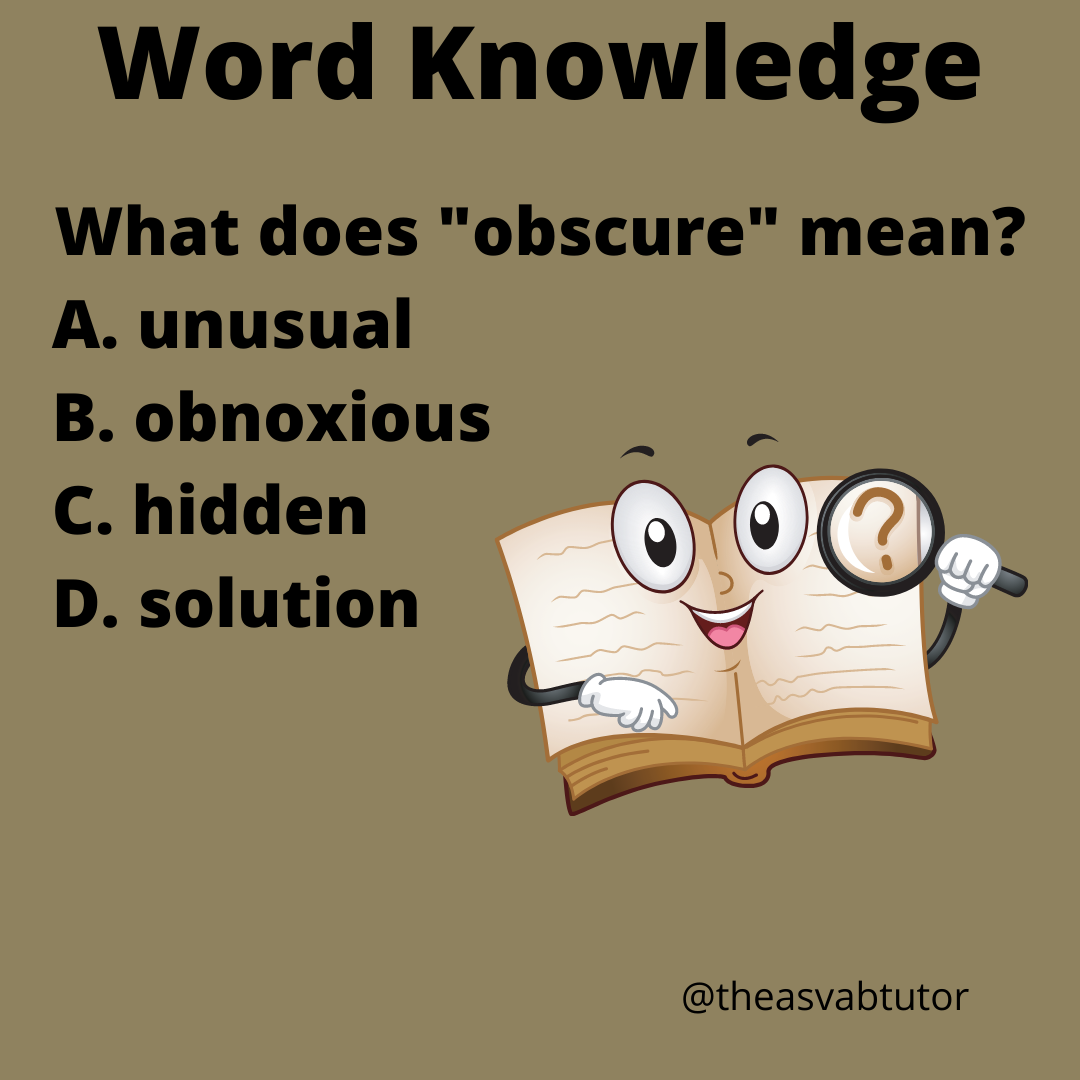
📝 Note: Focus on learning the most common root words and prefixes, as these will be the most useful in helping you to understand unfamiliar words.
To summarize, the key to success in the Word Knowledge section of the ASVAB test is to have a strong vocabulary. By learning synonyms and antonyms, reading widely, using flashcards, taking practice tests, and focusing on root words and prefixes, you can improve your score and increase your chances of qualifying for enlistment in the military. Remember to stay focused and keep practicing, and you will see improvement over time.
What is the Word Knowledge section of the ASVAB test?

+
The Word Knowledge section of the ASVAB test is designed to measure a person’s ability to understand the meaning of words through synonyms.
How can I improve my vocabulary for the Word Knowledge section?
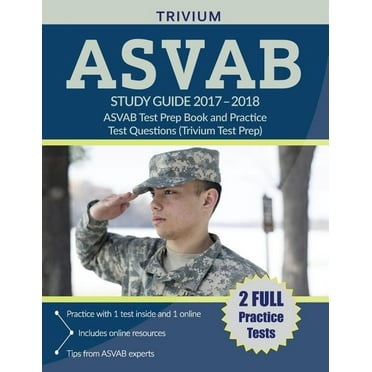
+
You can improve your vocabulary by learning synonyms and antonyms, reading widely, using flashcards, and taking practice tests.
What are root words and prefixes, and how can they help me?

+
Root words and prefixes are parts of words that can help you to understand their meanings. By learning common root words and prefixes, you can often figure out the meaning of an unfamiliar word.



